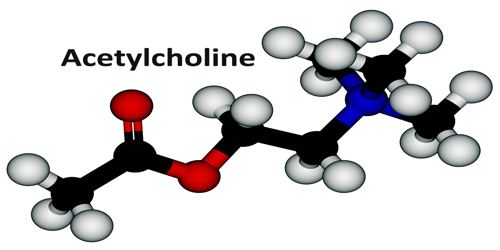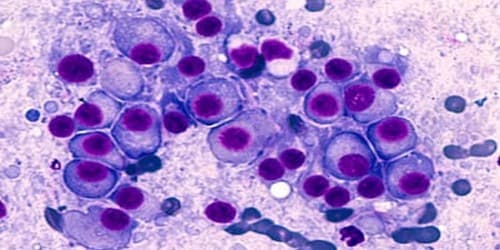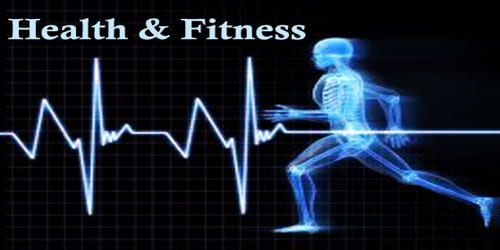Acetylcholine
Definition
Acetylcholine is a substance that is released at the junction between neurons and skeletal muscle fibers, at the nerve endings of the parasympathetic nervous system, and across synapses in the central nervous system, where it acts as a neurotransmitter. Acetylcholine is the chief neurotransmitter of the parasympathetic nervous system, the part of the autonomic nervous system (a branch of the peripheral nervous system) that contracts smooth muscles, dilates blood vessels, increases bodily secretions, and slows heart rate.
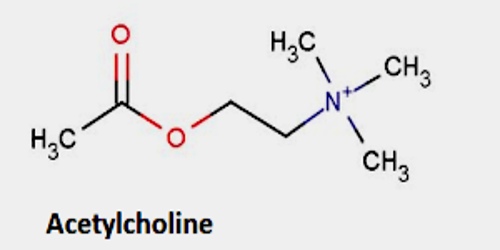
In the brain, acetylcholine functions as a neurotransmitter and as a neuromodulator. The brain contains a number of cholinergic areas, each with distinct functions. They play an important role in arousal, attention, memory and motivation.
Functions of Acetylcholine
Like mailpersons who can both deliver and pick up envelopes and packages, acetylcholine functions in the peripheral nervous system and central nervous system both as an activator and inhibitor. In the peripheral nervous system, it causes skeletal muscles to contract. In the central nervous system, it inhibits the activation of the cholinergic system. Acetylcholine functions in both the central nervous system (CNS) and the peripheral nervous system (PNS).
Within the autonomic nervous system, acetylcholine behaves in a similar manner, being discharged from the terminal of one neuron and binding to receptors on the postsynaptic membrane of other cells.
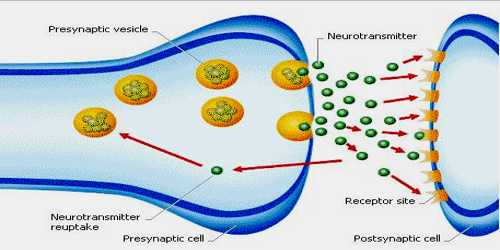
In the gastrointestinal system, it acts to increase peristalsis in the stomach and the amplitude of digestive contractions. In the urinary tract, its activity decreases the capacity of the bladder and increases voluntary voiding pressure. It also affects the respiratory system and stimulates secretion by all glands that receive parasympathetic nerve impulses. In the central nervous system, acetylcholine appears to have multiple roles.
Acetylcholine in the serum exerts a direct effect on vascular tone by binding to muscarinic receptors present on vascular endothelium. These cells respond by increasing production of nitric oxide, which signals the surrounding smooth muscle to relax, leading to vasodilation.
Acetylcholine has been implicated in learning and memory in several ways. The anticholinergic drug, scopolamine, impairs acquisition of new information in humans and animals. In animals, disruption of the supply of acetylcholine to the neocortex impairs the learning of simple discrimination tasks, comparable to the acquisition of factual information and disruption of the supply of acetylcholine to the hippocampus and adjacent cortical areas produces forgetting comparable to anterograde amnesia in humans.
Reference:
